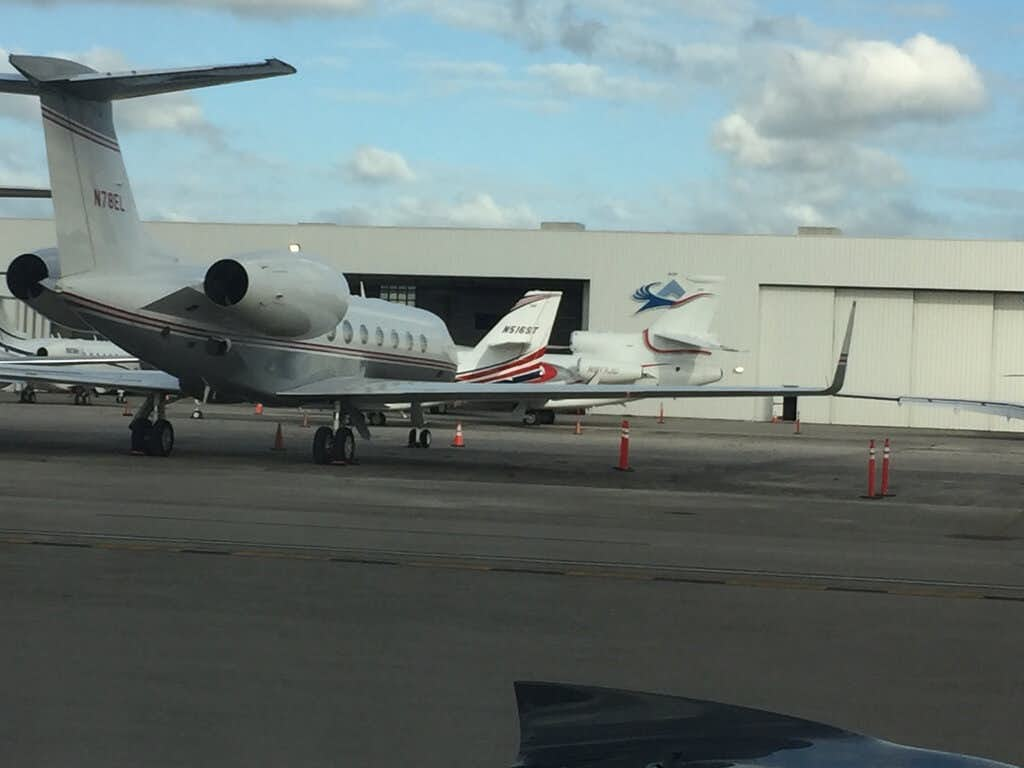
After launching Four Corners Aviation last November, the Aquila Aviation Ventures/Mente Group offshoot has tapped industry veteran Vincent Kavanagh to lead the sales effort.
Kavanagh most recently was Senior Vice President of Sales for Air Partner, which he joined in 2013. Before that, he held leadership positions for NetJets Europe and VistaJet.
In his new role, he is tasked with growing the Four Corners Aviation unit. Its first offering is called Freedom.
Kavanagh likens it to a breakthrough on the level of fractional ownership and jet cards. The concept is to treat private aviation as a service.
Mente and Aquila Aviation CEO Brian Proctor says Four Corners already has 10 aircraft in the program. He expects to have 75 to 100 jets within three years.
Freedom has several targets. Typical are companies with aircraft and corporate flight departments and UHNWs that already own airplanes. Also being targeted are fractional share owners who fly 250 plus hours per year.
“These are companies and individuals who need an airplane for their business or personal travel, and they need flexibility, but they don’t necessarily want to own a private jet,” Proctor tells Private Jet Card Comparisons.
He says the profile customers want to fly in their airplane with their pilots and their cabin crew. In some cases, ownership was the only option due to security issues or the need to travel with more flexibility than existing products.
An analysis by Mente, which also buys and sells jets, found there are at least 56 contracts related to buying, operating, and selling a private jet.
Contracts range from employment agreements for the crew to agreements with WiFi providers and airports for hangar space.
Freedom provides a single monthly invoice. It charges a monthly access fee covering capital, fixed costs, and maintenance. Customers then pay an hourly flight charge and pass-through charges, including variable fuel costs.
“The solution was to remove the ownership concept and replace it with a service concept that could be outsourced, much like IT and payroll. Corporate Jet as a Service, or CJaaS, is an entirely new way to deliver corporate aviation. It replaces aircraft ownership with access through a single services agreement that delivers the same level of service the customer has with their flight department,” Proctor says.
In many cases, Four Corners is simply acquiring the assets from the customer. It then enters into a service agreement, which is typically five years.
“Same aircraft, same crew, same facilities without ownership,” says Proctor.
Proctor and Kavanagh say Freedom is much like fractional ownership and jet cards. Both broadened the market by providing new ways to access private aviation.
“There are people out there who can afford to own their private jets, but the complexity, amount of capital they are tying up, and risks scare them off,” says Proctor.
A marketing campaign launched earlier this year used The Wall Street Journal, Forbes, Fortune, and Aviation International News. It generated over 11 million impressions and 20,000 clicks, says Chris Prokopeas, Vice President of Marketing.
Proctor says the fee structure works best for midsize jets and up. There are current discussions with several Fortune 500 companies.
“It frees up capital, as you are not holding the asset,” Proctor says. He recalls, “When I started Mente Group in 2009, the top end of the market was a G550, and it was $30 million, and now it is $80 million for the top end. Even if you are wealthy, that’s still a lot of money.”